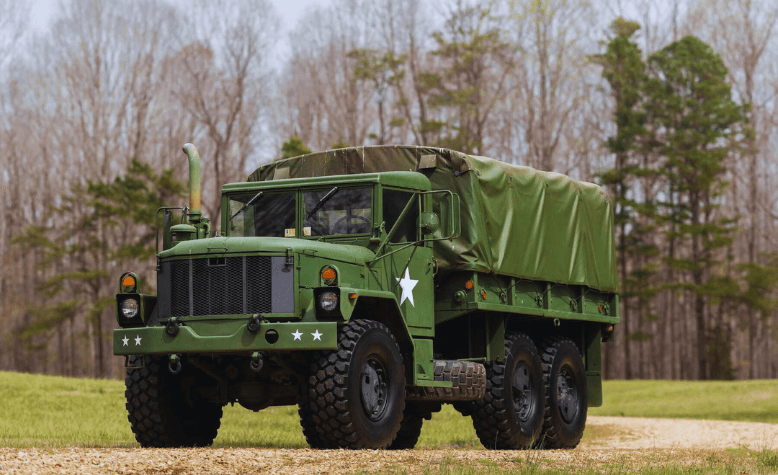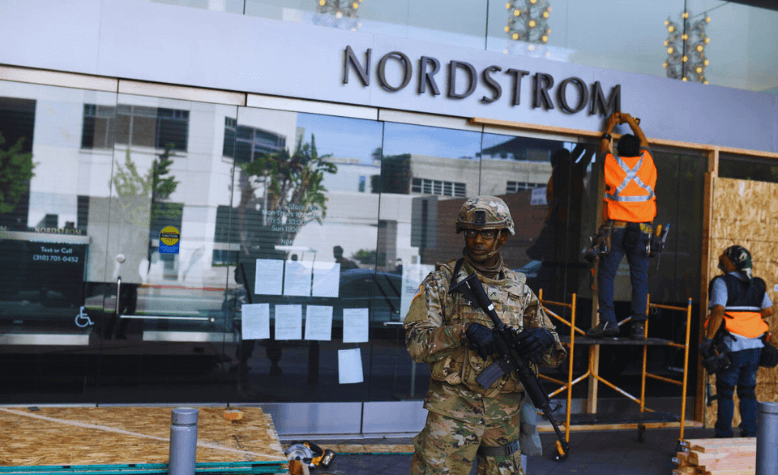
Basic training in the Air Force, known as Basic Military Training (BMT), is an intense and transformative experience that lays the foundation for a career in the United States Air Force. It is an eight-and-a-half-week program that challenges recruits both physically and mentally, instilling the core values of the Air Force: integrity first, service before self, and excellence in all we do.
However, the journey does not end with the completion of BMT. In fact, it marks the beginning of a new phase filled with opportunities, professional growth, and personal development.
Transition to Technical Training
Upon successful completion of BMT, Airmen move on to technical training, which is akin to attending a specialized school. This phase is crucial as it equips them with the skills and knowledge necessary for their specific Air Force Specialty Code (AFSC), which is their job designation. Technical training can vary in length from a few weeks to several months, depending on the complexity of the career field.
Technical training is conducted at various locations across the United States, and it is designed to provide in-depth instruction in a wide range of fields such as aircraft maintenance, cyber operations, medical services, and many others. This training not only focuses on technical skills but also emphasizes leadership, teamwork, and problem-solving abilities.
Adaptation to Military Life
One of the significant transitions after BMT is adapting to military life. This includes understanding and adhering to the customs, courtesies, and discipline that are part of daily life in the Air Force. Airmen are required to maintain high standards of dress, appearance, and conduct, both on and off duty. The structured environment helps instill a sense of responsibility and professionalism that is essential for their careers.
Integration into the Unit
After completing technical training, Airmen are assigned to their permanent duty stations, where they will become part of an operational unit. This is a critical phase as it marks the beginning of their active-duty service. The integration process involves meeting new colleagues, understanding the unit’s mission, and adapting to the specific operational environment.
Being part of a unit means being part of a team that relies on each member to perform their duties effectively. This fosters a strong sense of camaraderie and mutual support. Airmen are encouraged to build relationships and networks that can provide both professional and personal support throughout their careers.
Continuing Education and Career Development
The Air Force places a strong emphasis on continuing education and career development. Airmen have numerous opportunities to pursue higher education through programs such as Tuition Assistance, the Community College of the Air Force (CCAF), and various scholarship programs. These educational opportunities are designed to enhance their professional qualifications and prepare them for advanced roles and responsibilities.
Additionally, the Air Force offers a structured career progression path that includes professional military education (PME) courses at different stages of an Airman’s career. These courses are designed to develop leadership skills, strategic thinking, and a deeper understanding of the Air Force’s mission and operations.
Deployment and Operational Experience
Another significant aspect of life after BMT is the potential for deployment. Deployments are an integral part of military service and can take Airmen to various locations around the world. These deployments provide valuable operational experience and the opportunity to apply their training in real-world scenarios.
Deployments can be challenging, involving long hours, demanding conditions, and separation from family and friends. However, they also offer a unique sense of purpose and the chance to contribute directly to national security and global stability. The experiences gained during deployments are invaluable and often shape an Airman’s perspective and career.
Personal Growth and Resilience
Life in the Air Force after BMT is not just about professional development; it also offers significant opportunities for personal growth. The challenges and experiences that Airmen face help build resilience, adaptability, and a strong sense of self-discipline. The Air Force provides a supportive environment that encourages personal well-being through various programs focused on physical fitness, mental health, and overall wellness.
Airmen have access to resources such as fitness centers, counseling services, and recreational programs that promote a healthy and balanced lifestyle. The emphasis on personal well-being is crucial for maintaining the readiness and effectiveness of the force.
Family and Community Support
For many Airmen, their family is an essential part of their support system. The Air Force recognizes this and provides various programs and services to support families. These include housing assistance, childcare services, educational programs for dependents, and family readiness programs that help families cope with the demands of military life.
The sense of community within the Air Force is strong, with numerous opportunities for social interaction and community involvement. Airmen and their families are encouraged to participate in community events, volunteer activities, and support groups, fostering a sense of belonging and mutual support.
Advancement and Leadership Opportunities
As Airmen gain experience and demonstrate their capabilities, they have the opportunity to advance in rank and take on leadership roles. Promotions are based on a combination of factors, including time in service, performance evaluations, and completion of required professional military education. Advancement brings increased responsibilities, including leading and mentoring junior Airmen, and contributing to strategic planning and decision-making.
Leadership in the Air Force is about more than just rank; it involves a commitment to developing others, upholding the core values, and leading by example. Effective leaders in the Air Force are those who inspire and motivate their teams, foster a positive and inclusive work environment, and are dedicated to continuous improvement.
Conclusion
Life after Basic Military Training in the Air Force is a dynamic and rewarding journey that offers numerous opportunities for professional and personal growth. From technical training and unit integration to continuing education and leadership development, Airmen are provided with the tools and support necessary to succeed. The experiences and challenges they encounter help build resilience, adaptability, and a strong sense of purpose.
The Air Force is not just a career; it is a way of life that fosters a sense of community, camaraderie, and dedication to service. For those who choose to continue their journey beyond BMT, the Air Force offers a path filled with opportunities to make a meaningful impact, both within the military and in the broader world. Whether through deployments, educational pursuits, or leadership roles, Airmen have the chance to grow, lead, and contribute to the mission of the United States Air Force







